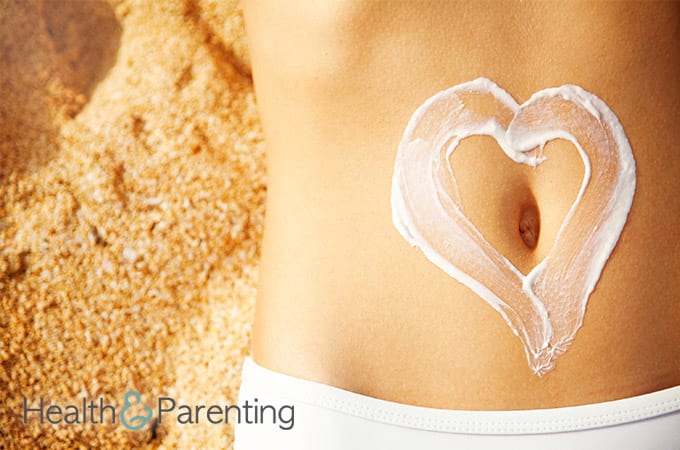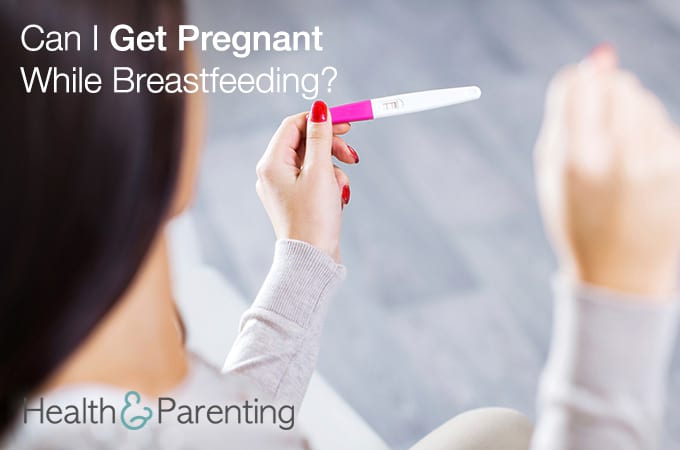Fetal development during the first month
The 40 week countdown begins on the first day of your last menstrual period, even though you’re not yet pregnant. Conception won’t occur until around week two, though you won’t feel pregnant right away. By week three, your pregnancy will consist of a fertilized egg inside your uterus. Your baby’s genetics have already been determined. Around seven to 10 days after conception, implantation will occur. The embryo is now embedded in the lining of your womb. The brain, spinal cord and heart are already starting to develop.
By week four, your baby’s spine and organs are starting to develop. The placenta is developing too, and this will allow nutrients to reach your baby during the pregnancy. The placenta will also start producing the pregnancy hormone, hCG, so you may start to notice early symptoms of pregnancy around this time. Morning sickness, fatigue and a heightened sense of smell are all common during this time.
Fetal development during the second month
Your baby’s heart will start beating sometime around day 21. By week five, your baby’s facial features are starting to develop. By week six, your baby looks like one of those tadpole-like fetuses you may remember from science lessons. Your baby may only be around the size of a grain of rice, but the arm and leg buds are starting to form.
In week seven, your baby’s tooth buds, pancreas and appendix are starting to grow. Your baby’s hair and nipple buds are even starting to develop. Your baby’s sex was determined at fertilisation, but in week eight your baby will begin to grow testes or ovaries. Your baby’s fingers, toes and tongue are starting to develop too. In this week, your baby’s bones will start to develop, as well.
Fetal development in the third month
In week nine, your baby reaches the end of the embryonic stage and officially becomes a fetus. Your baby’s organs are beginning to function now. Your baby is beginning to lose the tail, and is looking less and less like a tadpole with each passing day. In just a week the tail will have completely disappeared. Your baby’s facial features are also starting to look a little more human in week 10.
Week 11 is the start of a growth spurt, and your baby will double in size over the next three weeks. Your baby’s fingernails are developing this week. During week 11, the placenta will start functioning, circulating blood between the uterus and your baby. By week 12, your baby can kick, stretch and pull faces. Your baby’s organs are starting to work this week, and your baby has started to urinate the amniotic fluid consumed in the uterus.
Your baby develops rapidly during those first 12 weeks, and this is why some pregnant women feel exhausted during the first trimester. It’s hard work growing a person! Be sure to get plenty of rest, eat a healthy, balanced diet and stay hydrated.
Written by Fiona, proud owner of a toddler, @fiona_peacock
This information is not intended to replace the advice of a trained medical doctor. Health & Parenting Ltd disclaims any liability for the decisions you make based on this information, which is provided to you on a general information basis only and not as a substitute for personalized medical advice. All contents copyright © Health & Parenting Ltd 2018. All rights reserved.











